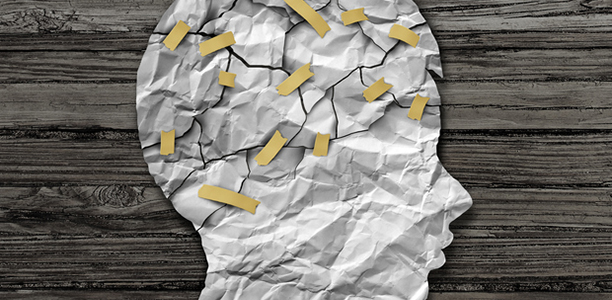
People with schizophrenia may now benefit from more effective, tailored treatments and greater self-empowerment, thanks to research establishing a link between childhood trauma and some of schizophrenia’s most common symptoms.
Researchers from Orygen, the National Centre of Excellence for Youth Mental Health; the University of Melbourne; Port Phillip Prison and University Hospital of Gran Canaria Dr Negrin, Spain, have shown that childhood sexual, physical and emotional abuse are associated with severe hallucinations in schizophrenia and other psychotic disorders.
The study’s strongest finding was that hallucinations in those with psychotic disorders were associated with all types of childhood trauma, said Dr Sarah Bendall, the study’s lead author and head of trauma research at Orygen. “This means there’s something about childhood trauma that leads some people to develop hallucinations,” Dr Bendall said.
The meta-analysis, which analysed 29 studies on childhood trauma and psychotic symptoms, also found that childhood sexual abuse was associated with delusions.
The study was published last month in the journal Schizophrenia Bulletin, and provides the missing link for clinicians who have long theorised about the association between childhood trauma and hallucinations and delusions.
Dr Bendall said providing this evidence was a crucial first step in developing tailored, sensitive and effective treatments for trauma-based psychotic symptoms.
Around one in every 100 people will experience a psychotic disorder in their lives, with the majority developing symptoms at 18-25 years old. Psychotic symptoms can include detachment from reality, hallucinations, delusions, disorganised thinking, and lack of motivation or emotion.
Until now, treatments for trauma in psychosis have focused on post-traumatic stress disorder rather than specific symptoms such as hallucinations and delusions.
Dr Bendall said the new research would not only help refine treatments for patients with psychotic disorders but may also help to empower young patients.
“When young people come to youth mental health services, we should be assessing for trauma and for emerging psychotic symptoms, and treating them as soon as they emerge,” Dr Bendall said.
“We can also arm young people with some of this research knowledge and then they can make decisions about the factors that may have caused their psychosis to develop or continue. It’s a very empowering thing to be able to give people that information.”
(Source: Science Daily)









